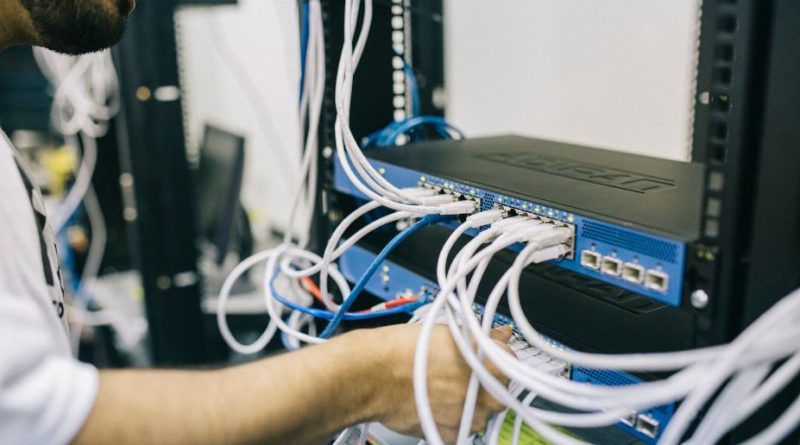Dedicated Server Management: Tips and Tricks for Optimal Performance
As a website owner or IT professional, you know the importance of having a reliable and well-managed dedicated server. A dedicated server can provide your business or organization with the necessary resources and flexibility to host and manage your website, applications, and data. However, managing a dedicated server can be a complex and time-consuming task, especially if you’re not familiar with the various technical aspects of server management.
In this blog post, we’ll go over some tips and tricks that can help you optimize the performance and stability of your dedicated server. By following these best practices, you’ll be able to ensure that your server is running smoothly and efficiently, which can ultimately lead to a better user experience for your website visitors.
- Monitor your server’s performance regularly
One of the most important aspects of dedicated server management is monitoring the performance of your server. This can help you identify any issues or bottlenecks that may be impacting the performance of your website or applications. There are several tools and utilities that you can use to monitor your server’s performance, including:
- Resource monitoring tools: These tools allow you to monitor the usage of various resources on your server, such as CPU, memory, disk space, and network bandwidth. By keeping an eye on these resources, you can identify any potential issues before they become problems.
- Log analysis tools: Your server generates log files that contain important information about the activity on your server. By analyzing these logs, you can identify any errors or issues that may be impacting the performance of your server.
- Server monitoring services: There are also various online services that can monitor your server’s performance and alert you to any issues. These services can be particularly useful if you don’t have the time or expertise to monitor your server yourself.
- Keep your server software up to date
One of the most effective ways to ensure the stability and security of your dedicated server is to keep the software up to date. This includes the operating system, as well as any applications or services that you have installed on your server. By keeping your software up to date, you can take advantage of the latest features and security patches, which can help to protect your server against vulnerabilities and attacks.
- Use a firewalled network
Securing your dedicated server is crucial to protect your business or organization’s data and assets. One effective way to do this is to use a firewalled network. A firewall is a security system that controls the incoming and outgoing network traffic based on predetermined security rules. By using a firewall, you can block unauthorized access to your server and protect it from potential threats.
- Use a backup and recovery plan
Disasters can happen at any time, and it’s important to have a plan in place to protect your data and minimize downtime. One way to do this is to implement a backup and recovery plan for your dedicated server. This can involve regularly backing up your data to an offsite location, as well as having a plan in place for restoring your server in the event of a disaster. By having a solid backup and recovery plan in place, you can minimize the impact of potential disasters on your business or organization.
In conclusion, managing a dedicated server requires a combination of technical expertise and proactive planning. By following the tips and tricks outlined in this blog post, you can optimize the performance and stability of your server and ensure a smooth user experience for your website visitors.

